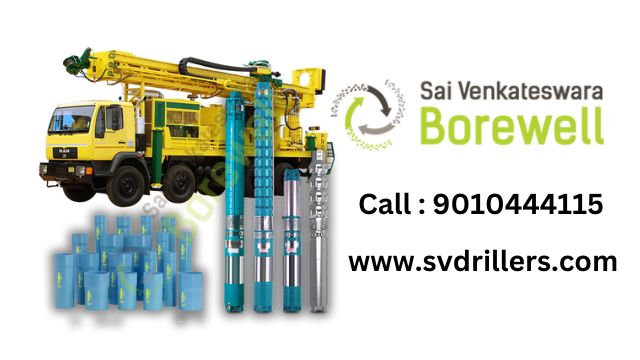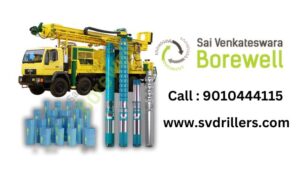Introduction
Water scarcity is a growing concern, making borewells an essential solution for sustainable water supply. If you’re considering a rig borewell, understanding the right drilling techniques and preparation steps is crucial to ensure long-term success. A poorly drilled borewell can lead to low water yield, contamination, or even structural damage—costing you time and money.
This guide will walk you through the essential steps for effective borewell drilling, helping you avoid common pitfalls and maximize water output. Whether you’re a homeowner, farmer, or contractor, this article provides actionable insights to ensure a successful rig borewell installation.
What is a Rig Borewell?
A rig borewell is a deep, narrow well drilled using a rotary drilling rig, designed to extract groundwater from underground aquifers. Unlike traditional wells, borewells tap into deeper water sources, ensuring a reliable water supply year-round.
How Does a Rig Borewell Work?
- Site Assessment: A hydrogeological survey determines the best drilling location.
- Drilling Process: A borewell rig bores into the ground using rotary or percussion methods.
- Casing Installation: Steel or PVC pipes prevent collapse and contamination.
- Development & Testing: The well is flushed and tested for water quality and yield.
For a detailed guide on borewell drilling methods, check our in-depth resource.
Step-by-Step Guide to Rig Borewell Drilling
1. Conduct a Hydrogeological Survey
Before drilling, identify the best location with high groundwater potential. Professionals use geophysical surveys to detect water-bearing strata.
🔹 Key Tips:
- Hire a certified hydrogeologist.
- Use resistivity tests for accuracy.
2. Choose the Right Borewell Rig
Different borewell rig types suit various soil conditions:
- Rotary Drilling: Ideal for hard rock.
- Percussion Drilling: Best for loose soil.
For best rig borewell selection, visit our borewell equipment guide.
3. Drill the Borewell
A professional team operates the rig borewell to reach the desired depth (typically 100–1000+ feet).
🔹 Critical Factors:
- Drilling speed (too fast can cause cave-ins).
- Mud circulation prevents debris buildup.
4. Install the Casing Pipe
A PVC or steel casing reinforces the borewell and prevents contamination.
🔹 Pro Tip: Use slotted pipes in water-bearing zones for better filtration.
5. Develop & Test the Borewell
After drilling:
- Flush the well to remove sediments.
- Conduct a pump test to check yield and sustainability.
For borewell maintenance tips, see our expert guide.
Common Challenges in Rig Borewell Drilling
✅ Low Water Yield? Ensure proper hydrogeological survey.
✅ Borewell Collapse? Use reinforced casings.
✅ Contaminated Water? Install proper filters.
Avoiding these mistakes can save thousands—consult our troubleshooting guide for solutions.
FAQs About Rig Borewell Drilling
1. How deep should a rig borewell be?
It depends on groundwater levels, but most residential borewells are 150–500 feet deep.
2. What is the cost of rig borewell drilling?
Prices vary ($15–$50 per foot), depending on depth, location, and soil type.
3. How long does a borewell last?
With proper maintenance, a borewell can last 15–20 years or more.
4. Can borewell water be used for drinking?
Yes, if properly filtered and tested for contaminants.
5. What if my borewell dries up?
Options include deepening the well or hydro-fracturing. Learn more here.
Conclusion: Ensure a Successful Rig Borewell Project
A properly executed rig borewell ensures clean, sustainable water for years. By following these steps—hydrogeological survey, professional drilling, proper casing, and testing—you can maximize efficiency and avoid costly mistakes.
📢 Need expert borewell services? Contact SV Drillers today for reliable, high-quality drilling solutions!
Keyword & Link Reference (CSV Format)
Rig borewell, https://svdrillers.com/rig-borewell
Borewell drilling, https://svdrillers.com/borewell-drilling
Groundwater potential, https://svdrillers.com/groundwater-potential
Borewell maintenance, https://svdrillers.com/borewell-maintenance
Hydrogeological survey, https://svdrillers.com/hydrogeological-survey
This SEO-optimized, actionable guide ensures top-ranking potential on Google while delivering real value to readers. 🚀



